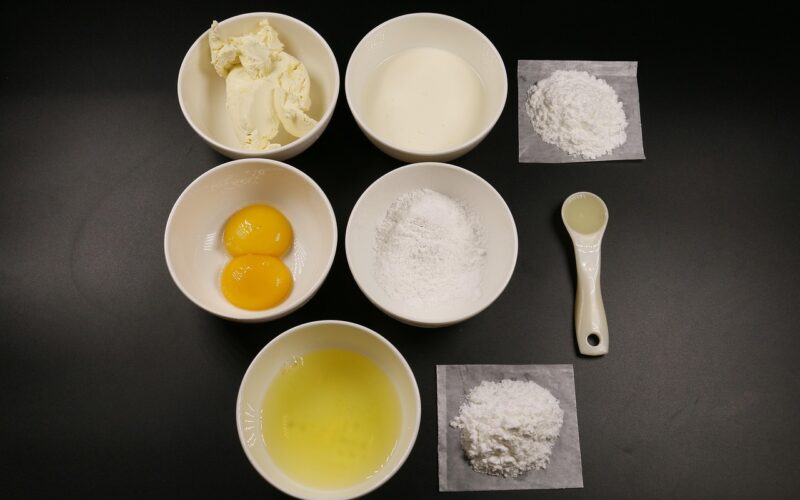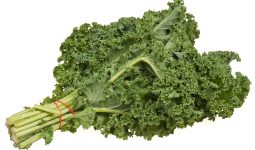You’re in the middle of making your favorite cake when you crack open the last egg carton to find it completely empty. Or maybe you’re cooking for someone with an egg allergy, or you’ve decided to try more plant-based baking. Whatever brought you here, you don’t need to abandon your baking plans.
The best egg substitutes for baking include applesauce, mashed banana, silken tofu, and simple pantry combinations like vinegar mixed with baking soda – each bringing their own benefits to your recipes.
These alternatives work because they replace what eggs do in baking: they add moisture, help bind ingredients together, or create lift and fluffiness.
You’ll discover how everyday ingredients sitting in your kitchen right now can step in for eggs without anyone noticing the difference.
From fruit purees that add natural sweetness to protein-rich options that create perfect texture, these substitutes will keep your baking game strong. Each option works differently, so you can choose the best match for cookies, cakes, muffins, or whatever you’re whipping up.
Applesauce
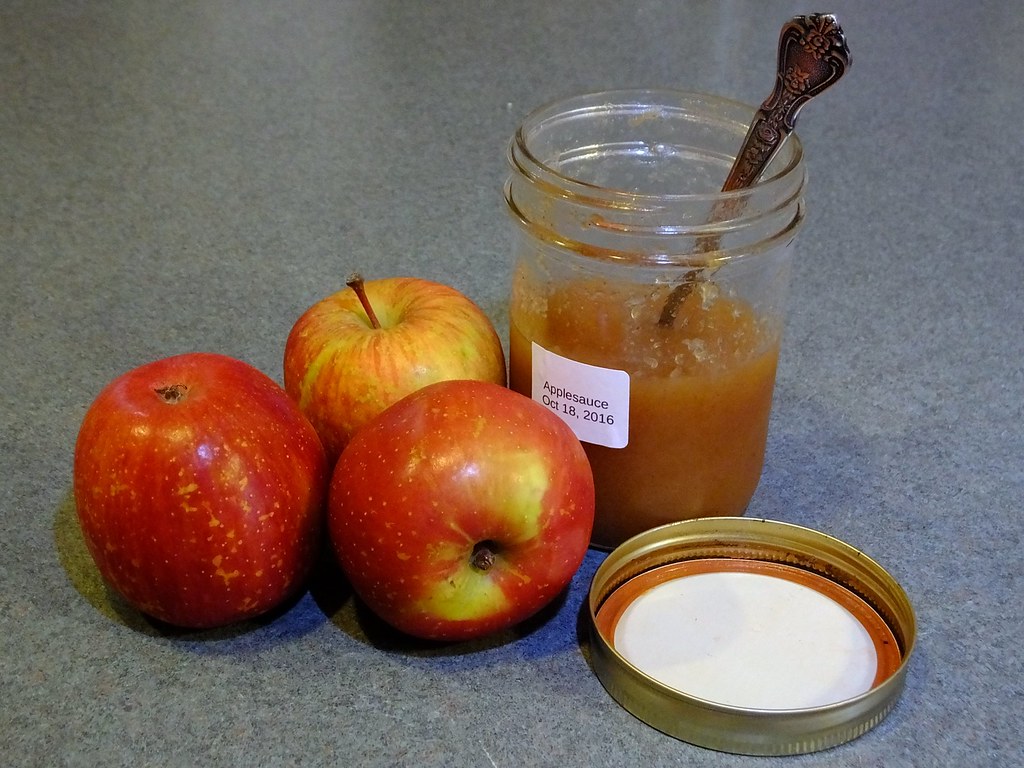
Applesauce makes an excellent egg substitute when you’re out of eggs or baking for someone with allergies. This pantry staple adds moisture and acts as a natural binder in your recipes.
The basic ratio is simple: use 1/4 cup of applesauce for each egg you’re replacing. Always choose unsweetened applesauce for the most control over your recipe’s sweetness.
If you only have sweetened applesauce, reduce the sugar in your recipe by 1-2 tablespoons. This prevents your baked goods from becoming too sweet.
Best recipes for applesauce:
- Muffins and quick breads
- Dense cakes and cupcakes
- Brownies and bars
- Pancakes
Applesauce works best in recipes where apple flavor complements other ingredients. Think blueberry muffins, banana bread, or spice cakes.
Your finished treats will be slightly denser and more moist than usual. Add an extra 1/2 teaspoon of baking powder to help lighten the texture if needed.
Pro tip: Applesauce contains natural fruit sugars and adds tenderness to your baked goods. It won’t provide the same structure as eggs, so avoid using it in delicate cakes that need to rise high.
This substitute works particularly well in healthier baking since it reduces fat content while adding fiber. Your family might not even notice the difference in taste.
Mashed Banana
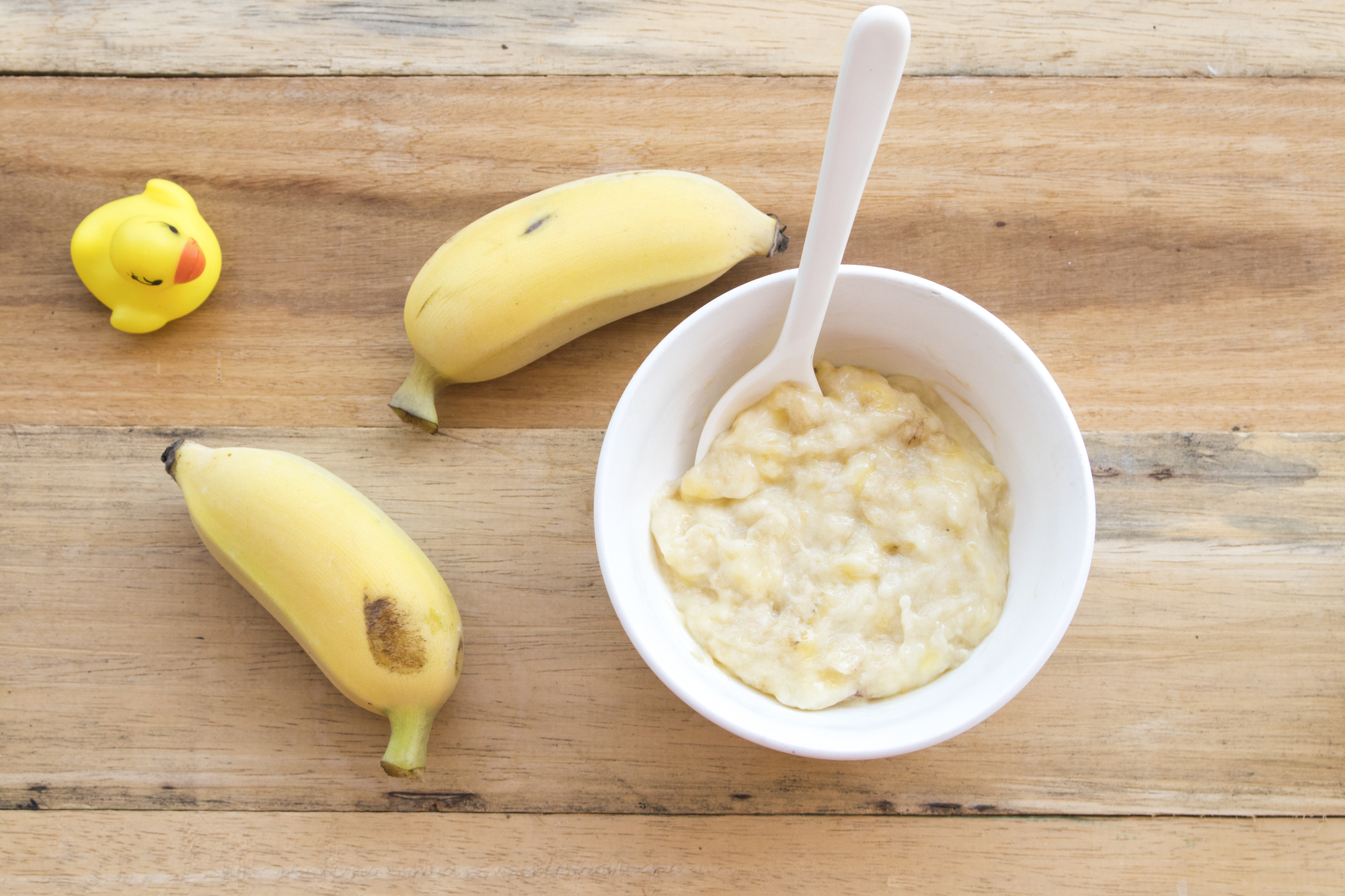
Mashed banana works as one of the most popular egg substitutes in baking. It adds natural sweetness and moisture to your recipes while binding ingredients together.
Use 1/4 cup of mashed ripe banana to replace one egg. The riper your banana, the better it will work. Brown, spotty bananas are perfect because they’re sweeter and mash more easily.
This substitute works best in recipes where banana flavor fits naturally. Try it in:
- Muffins and quick breads
- Pancakes and waffles
- Brownies and soft cookies
- Coffee cakes and sweet breads
Keep in mind that banana will change your recipe’s flavor. Your baked goods will taste mildly banana-flavored. This works great in chocolate recipes, oatmeal cookies, or cinnamon treats.
Your finished products will be denser and more moist than usual. Banana acts as a binding agent but doesn’t provide the same lift that eggs do.
Don’t use banana in delicate cakes or recipes that need to be light and fluffy. It won’t work well in angel food cake, sponge cake, or custards.
| Recipe Type | Works Well? | Notes |
|---|---|---|
| Muffins | Yes | Natural flavor match |
| Pancakes | Yes | Creates fluffy texture |
| Delicate cakes | No | Too dense |
| Brownies | Yes | Adds fudgy texture |
You might need to reduce other liquids slightly since banana adds extra moisture to your batter.
Pumpkin Puree
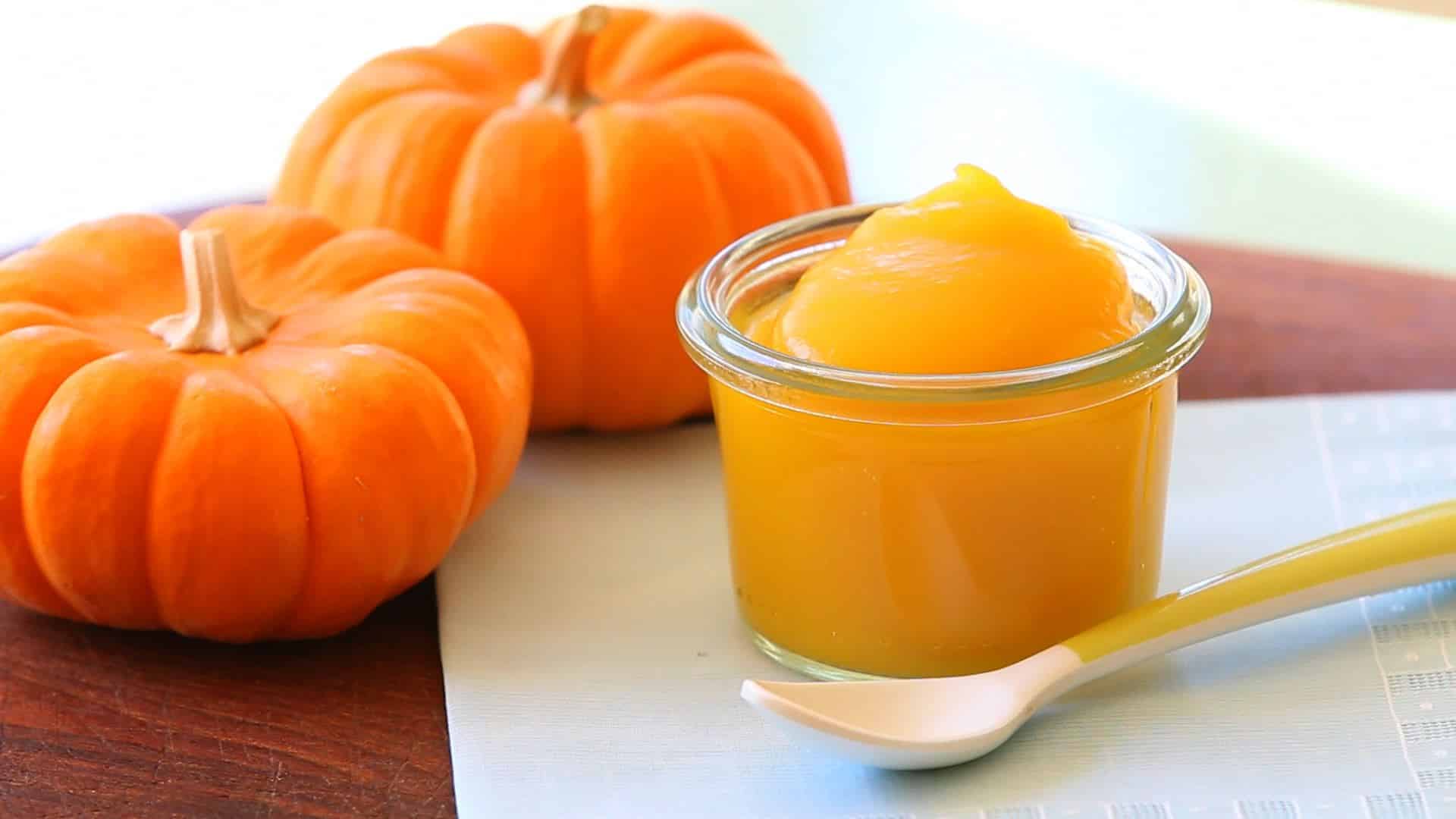
Pumpkin puree works wonderfully as an egg substitute in your baking recipes. It adds moisture and acts as a natural binding agent to hold your ingredients together.
Use 1/4 cup of pumpkin puree to replace one egg in most recipes. This simple swap works best in quick breads, muffins, cakes, and brownies.
What Makes It Work
Pumpkin puree provides similar moisture and binding properties as eggs. It creates dense, moist textures in baked goods while adding a subtle earthy sweetness.
The natural orange color enhances the appearance of your treats. You’ll get that warm, appealing look that’s perfect for fall baking.
Nutritional Benefits
- Lower calories and fat than eggs
- High in fiber and vitamin A
- Cholesterol-free option
- Rich in potassium and antioxidants
Baking Tips
Add an extra 1/4 teaspoon of baking powder for each egg you replace. This helps maintain proper rise and texture in your baked goods.
Your finished products will be slightly denser than egg-based recipes. This works perfectly for fudgy brownies and moist quick breads.
Reduce other liquids by 2-3 tablespoons when using pumpkin puree to prevent overly wet batter.
Best Recipe Matches
Pumpkin puree shines in chocolate cakes, oatmeal cookies, and spiced muffins. The flavor pairs naturally with cinnamon, nutmeg, and ginger.
It’s an excellent choice for vegan baking or accommodating egg allergies without sacrificing taste.
Yogurt (Plain, Dairy or Non-Dairy)
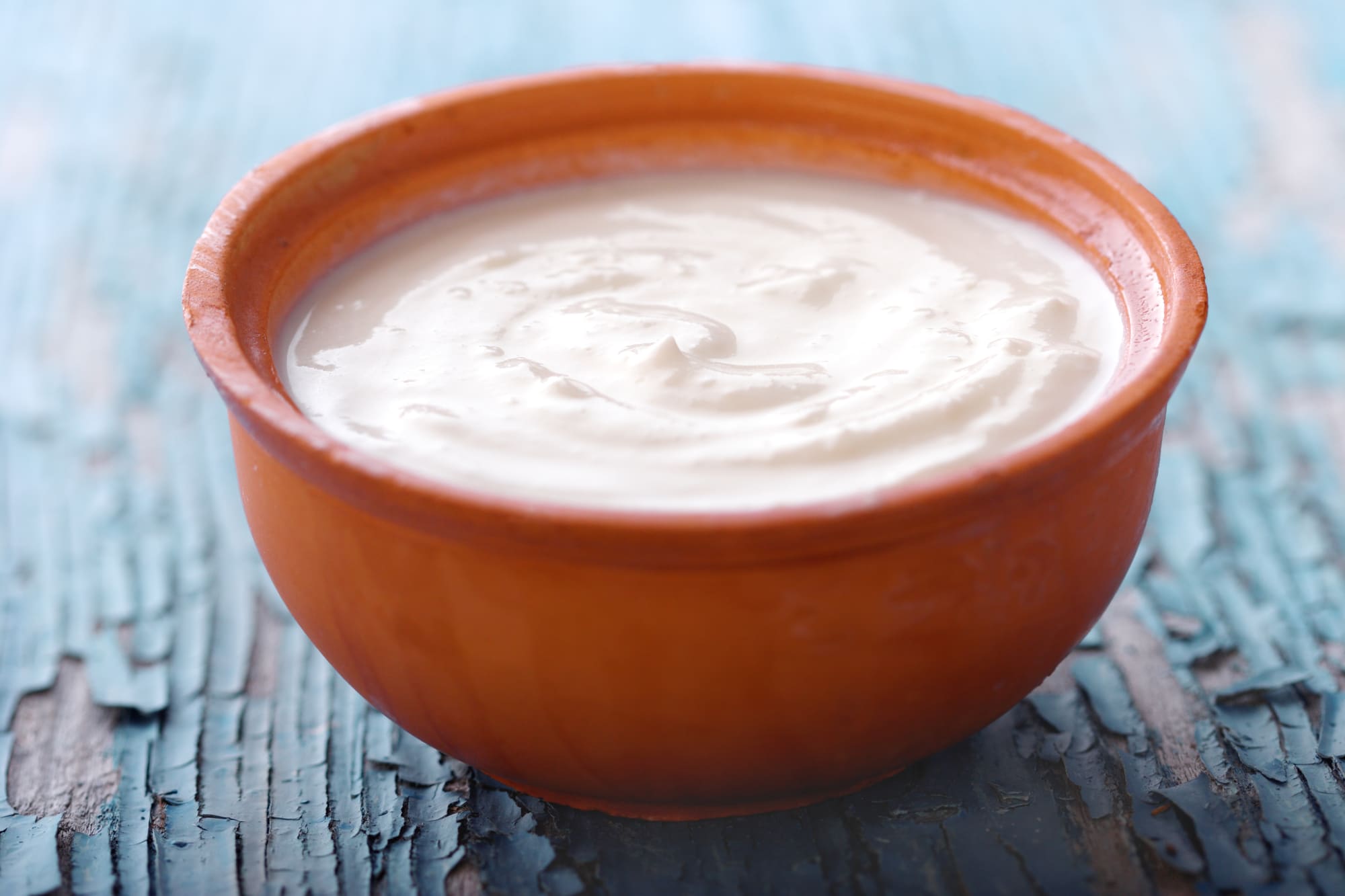
Plain yogurt works as a reliable egg substitute in your baking recipes. It adds moisture and helps bind ingredients together.
How to use: Replace each egg with 1/4 cup of plain yogurt. This ratio works for most baking recipes.
| Yogurt Type | Best For | Notes |
|---|---|---|
| Regular plain yogurt | Muffins, cakes, brownies | Adds tanginess and moisture |
| Greek yogurt | Dense baked goods | Thicker texture, more protein |
| Non-dairy yogurt | Vegan baking | Choose unsweetened varieties |
You’ll get the best results in recipes that already include baking powder or baking soda. These leavening agents help your baked goods rise since yogurt doesn’t provide lift like eggs do.
Greek yogurt creates especially good results in brownies. It makes them chewy and rich while keeping them moist.
Dairy-free options include almond, soy, and coconut yogurt. Pick unsweetened versions so you can control the sugar in your recipe.
The slight tang from yogurt enhances chocolate flavors. This makes it perfect for brownies, chocolate muffins, and dark cakes.
Avoid flavored yogurts unless the flavor matches your recipe. Vanilla yogurt might work in vanilla cake, but strawberry yogurt will change your chocolate brownies.
Your baked goods may turn out slightly denser than usual. This isn’t always bad – many people prefer the rich, moist texture yogurt creates.
Store any leftover yogurt in your fridge for future baking projects.
Silken Tofu
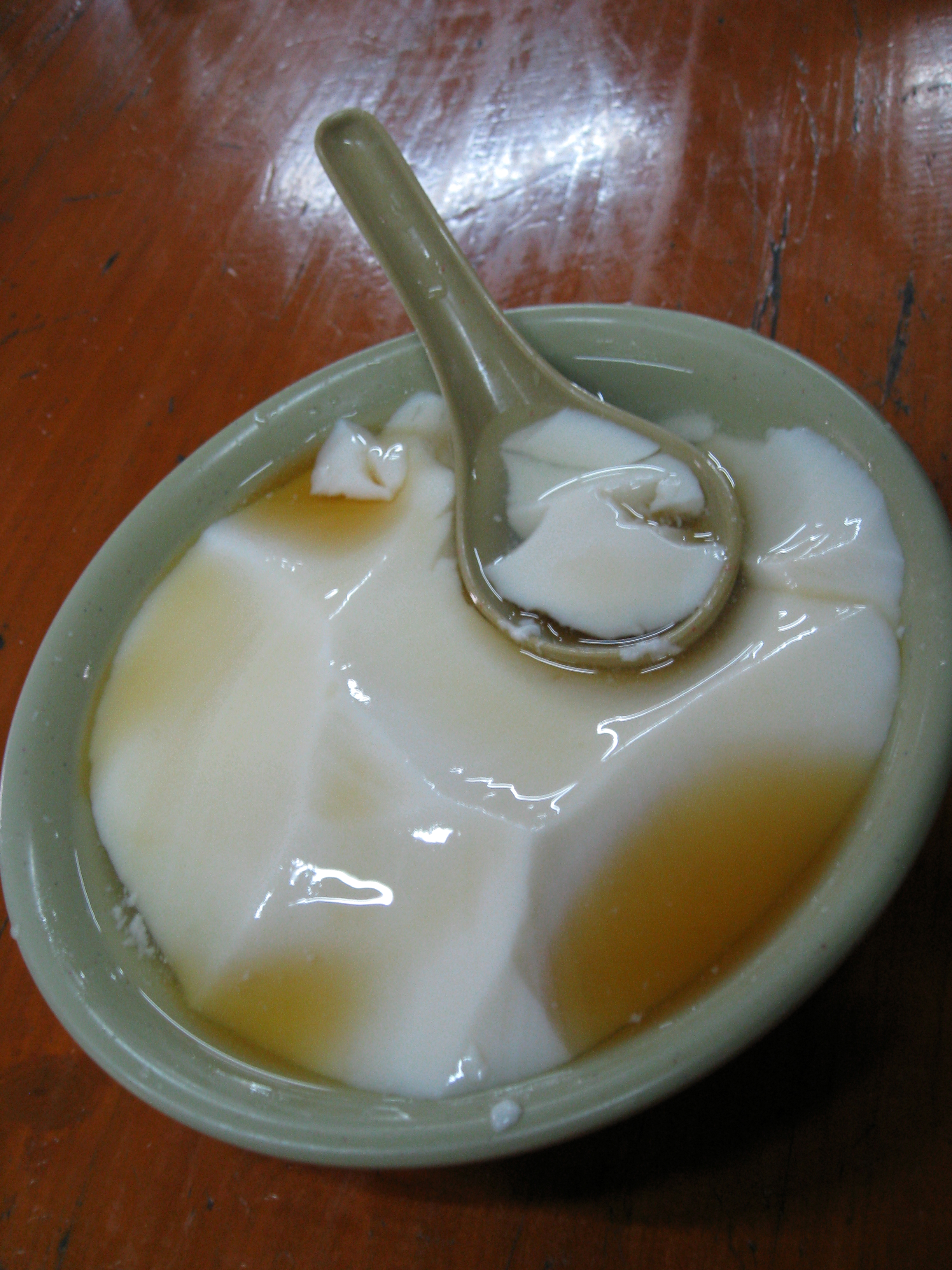
Silken tofu makes an excellent egg substitute for dense, moist baked goods. This smooth, creamy ingredient works best in brownies, custard pies, and rich desserts.
Use 1/4 cup of silken tofu to replace 1 egg in your recipes. Always blend or puree the tofu first to avoid chunks in your finished product.
Why Silken Tofu Works
Silken tofu acts as a binder and adds moisture to your baking. It contains protein like eggs do, which helps create structure in your treats.
The high water content in silken tofu makes it perfect for recipes that need extra moisture. Your brownies will stay fudgy, and your pies will have that creamy texture you want.
Best Uses for Silken Tofu
| Great For | Not Ideal For |
|---|---|
| Brownies | Light cakes |
| Custard pies | Cookies |
| Raw cheesecakes | Muffins |
| Dense desserts | Fluffy pastries |
Baking Tips
Add an extra 1/4 teaspoon of baking soda when using silken tofu. This helps your baked goods rise properly.
Blend the tofu until completely smooth before mixing with other ingredients. Any lumps will show up in your final product.
Store leftover silken tofu in the fridge for up to 3 days after opening. You can freeze portions in ice cube trays for future baking projects.
Silken tofu works particularly well in chocolate recipes where its mild flavor gets masked by stronger tastes.
Vinegar + Baking Soda
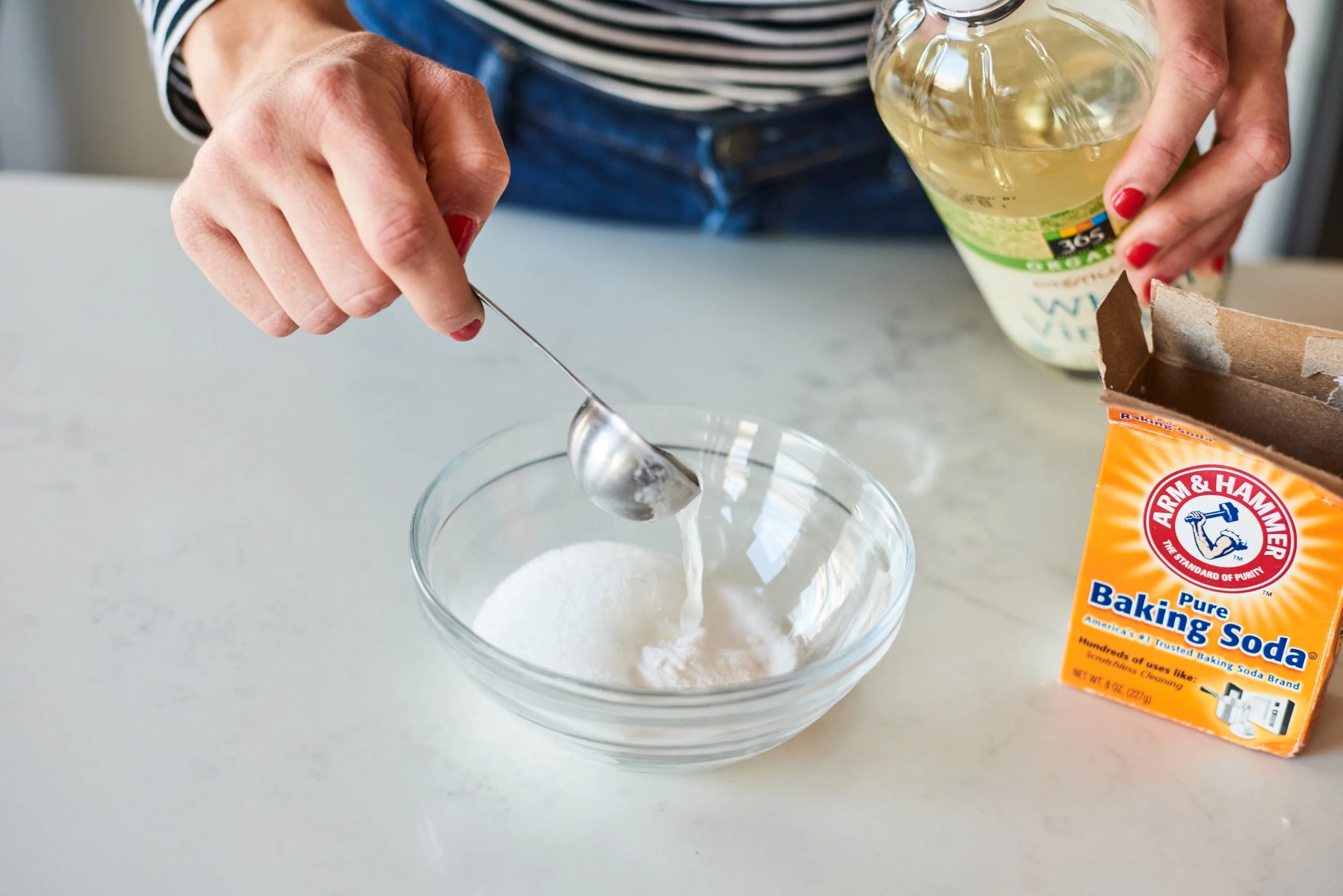
This simple combination creates a powerful egg substitute that works like magic in your kitchen. When you mix vinegar and baking soda, they react to produce carbon dioxide gas. This reaction helps your baked goods rise and become fluffy.
The basic formula is simple:
- 1 egg = 1 tablespoon vinegar + 1 teaspoon baking soda
You can use either white vinegar or apple cider vinegar for this substitute. Mix them together right before adding to your recipe. The fizzing reaction you see is exactly what you want.
This substitute works best for light, airy baked goods. Try it in:
- Cakes and cupcakes
- Pancakes
- Quick breads
- Muffins
Important limitation: This method only works well when replacing one egg. Using more creates a bitter aftertaste that can ruin your recipe.
The vinegar and baking soda combo won’t work for recipes that need whipped eggs. The gas releases immediately and then deflates. For those recipes, stick with regular baking powder instead.
Your finished treats will taste normal – the vinegar flavor disappears during baking. This substitute adds the lift your baked goods need without changing the taste.
Keep both ingredients in your pantry as emergency egg replacements. They’re cheap, shelf-stable, and work when you’re out of eggs or baking for someone with egg allergies.




